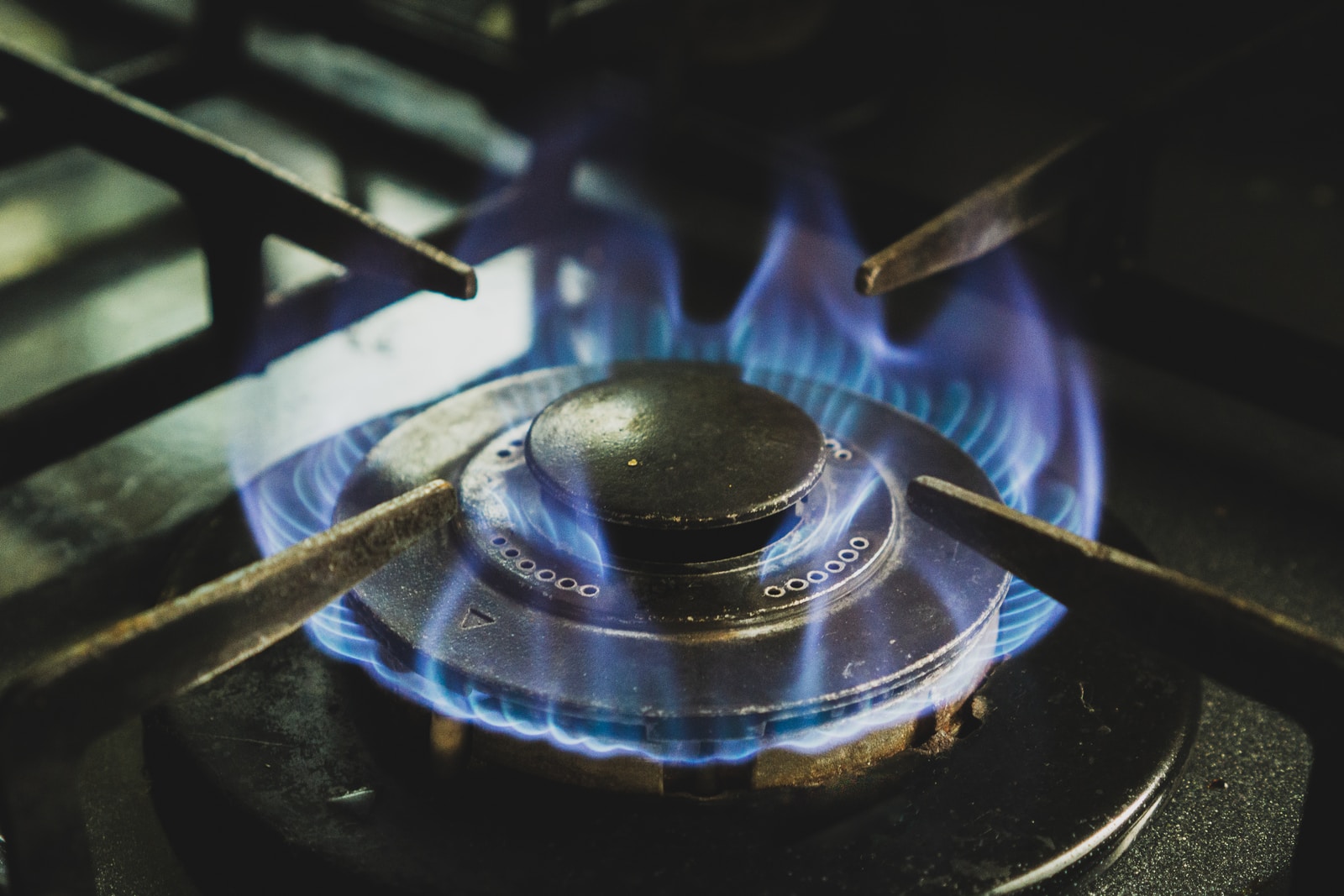Stuart Smith
National MP
Kaikoura
We owe much to our ready access to affordable and reliable energy: it is closely correlated with increases in population, GDP per capita and life expectancy. But we have been putting all this at risk with a focus on sustainability which, while in itself is a good thing to pursue, has put reliability and affordability at risk.
However, there has been a seismic shift in energy policy in Europe with the Swedish government’s announcement that it will abandon its 100 per cent renewable energy by 2040 target. Pursuing 100 per cent renewables had destabilised their energy sector and increased energy costs. They will instead favour a more stable energy system based on nuclear power to ensure reliable and affordable energy.
The decision, driven by the recognition that too much reliance on wind and solar power would not meet the energy demands of a modern economy, reflects a shift away from the mindset of transitioning to renewables at any cost. Similar moves can be observed in other countries such as France, Germany, Austria and the United Kingdom, where there is a re-evaluation of the role of nuclear power and a reconsideration of bans on fossil fuels.
Meanwhile, Norway’s energy ministry has granted approval for oil and gas projects worth over $30 billion NZ as the country aims to continue as Europe’s largest natural gas supplier. The projects, in the North and Norwegian Seas, involve new developments, expansion of existing fields and enhanced oil recovery initiatives.
Norway has emerged as a key supplier of natural gas to Europe, following Russia’s invasion of Ukraine, and the demand is expected to remain strong as buyers seek alternatives to Russian energy. The approved projects will come on stream in the latter half of the 2020s, maintaining Norway’s position as a significant oil and gas exporter. One of the projects holds an estimated 650 million barrels of oil equivalent, making it one of the most significant recent developments on the Norwegian continental shelf.
In contrast, Australia seems eager to close its coal-fired power stations ahead of reliable alternatives despite the practical challenges of backing up intermittent wind and solar power. Relying heavily on renewables within a short timeframe carries risk, while the Swedish and Norwegians have taken a pragmatic approach to energy policy.
In New Zealand, we are fortunate to have abundant hydro and geothermal electricity generation, which forms a significant part of our energy mix. However, we still heavily rely on coal and natural gas to ensure a stable energy supply through to the end of the decade and will need gas through until at least 2050.
While I am a great supporter of 100 per cent renewable electricity generation, it must be affordable while not compromising the reliability of our electricity grid.
Sound energy policy balances affordability, reliability and sustainability – we ignore that at our peril.

